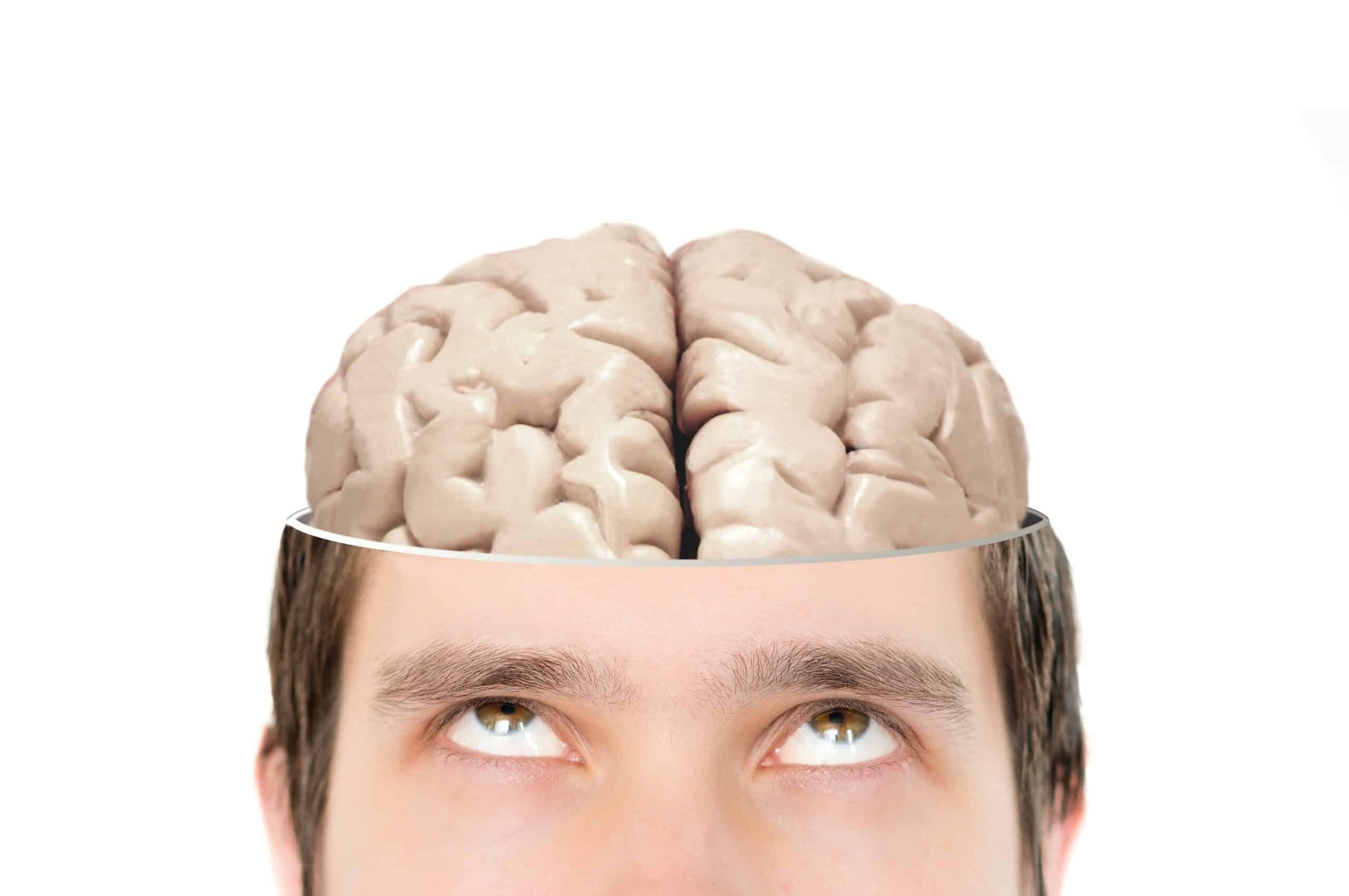Volunteers doing memory tests scored better if they had walked backwards before testing. Subjects watched videos then were asked to walk forwards, backward, or stay still; groups were asked question about the events in the videos with the backwards walking group getting 2 more answers correct on average.
114 subjects watched videos of a woman having her bag being stolen after which the subjects were split into 3 groups being asked to either walk forwards or backwards 30 feet or stand still, then they answered a questionnaire about what they recalled. It was found that the backwards walking group did better on memory testing getting on average 2 more questions correct.
University of Roehampton researchers observed similar effects in 5 variations of the experiment, one involved a similar procedure but tested how many words from a list could be remembered. Others has subjects imagine moving forward or backward or watched a video filmed on a train. All scenarios with subjects involving backwards motion got the most correct answers.
These findings have been deemed to be statistically significant experiments and indication of links between concept of time and space being essential to the way the mind forms memories; and partial vindication of this idea of time being expressed via space.
It is not clear as to why motion be it either imagined or real should improve access to memories, but further research is hoped to shed light on it, as well as how to use this to advantage and offer ways to improve memory function; results need to be replicated clearly before being confident about this effect and its interpretation.




